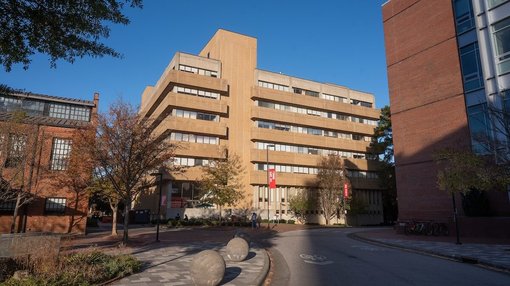COVID-19 Exacerbated Mental Health of College Students, Study Finds
United States North America Higher Education News COVID-19 by Erudera News Sep 14, 2022

The mental health of college students in the United States worsened during the COVID-19 pandemic, a study published in the Journal of Affective Disorders has revealed.
According to the study conducted by the Healthy Minds Network, one of the nation’s premier research organizations focused on the improvement of youngsters’ mental health, approximately 60 percent of students met the diagnostic criteria for one or more mental health problems during the 2020/21 academic year, a nearly 50 percent increase since 2013.
The same study revealed that depression and anxiety overall among college students increased by 135 and 110 percent, respectively, between 2013 and 2021, Erudera.com reports.
During this study period, more American Indian/Alaskan Native students experienced depression, anxiety, suicidal ideation and were more likely to deal with one or more mental health problems. About a third of American Indian/Alaskan Native students were diagnosed with depression in 2016, similar to other racial and ethnic groups participating in the study.
The study found that fewer students of color used mental health services during the semesters of the COVID-19 pandemic when education institutions switched to remote learning. The highest annual rate of treatment provided to Asian, Black, and Latin students over the past year stood at or below the lowest rate for White students.
“As a budding clinician of color, I think the tracking of these trends helps support efforts related to stigma reduction and [mental health] education that can be targeted toward certain communities,” Jasmine Morigney, a clinical psychology doctoral student at Eastern Michigan University and a co-author on the study, said.
There was a 22 percent increase in prevalence among Arab American students; however, there was also a 18 percent decrease in treatment for this group.
“I find the change in treatment rates among students of color in the context of the COVID-19 pandemic to be quite surprising,” she said, according to the Boston University School of Public Health.
Commenting on the decrease in treatment for Asian Pacific Islander Desi American (APIDA) and Black students, Morigney said that the finding is alarming, taking into account how COVID-19 has affected students of color and “concentrated traumatic racism.”
Data were collected from the Healthy Minds Network after surveying 350,000 students at 373 campuses between 2013 and 2021.
Earlier this year, a report by the research center Hope Center for College, Community, and Justice also showed that the pandemic has exacerbated the mental health of students in Philadelphia and worldwide. About 42 percent of students who were pursuing studies at a two-year college or university struggled with food insecurity during the pandemic.
Recent Articles
Germany
Apr 16, 2024
United Kingdom
Apr 15, 2024
United States
Apr 12, 2024
France
Apr 12, 2024
United Kingdom
Apr 11, 2024
Related News

An investigation has started into North Carolina State University after more than 150 individuals, including students and staff, were diagnosed with cancers and other illnesses which they say have been caused due to toxins found within Poe Hall, a class building at the university.
United States
Apr 05, 2024

